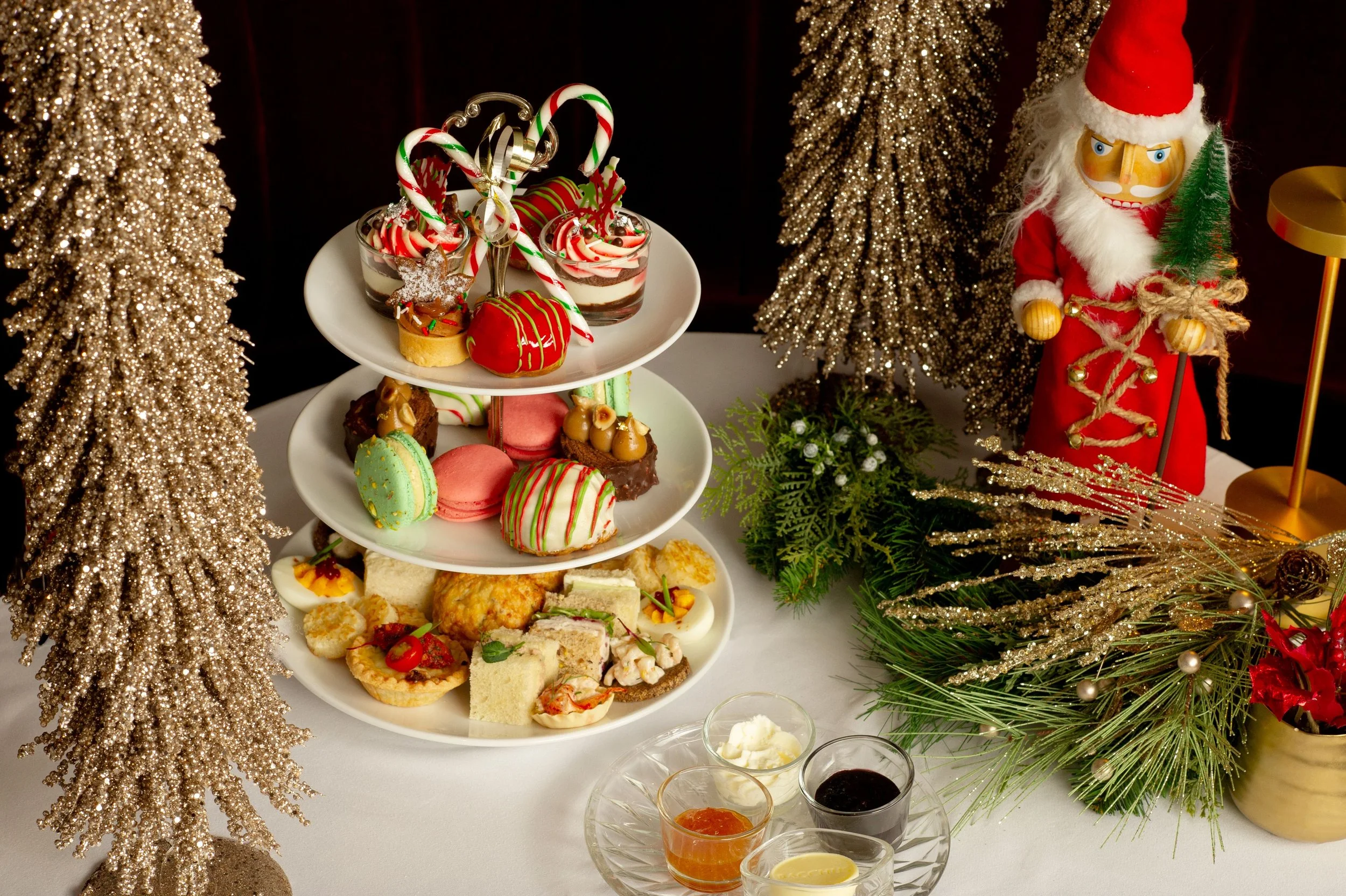Khari Wendell McClelland searches for the essential, in life and in multidisciplinary new shows
The roots-gospel musician gathers a range of thinkers and artists to probe the questions that have haunted him this year
The Cultch streams The Essentials on April 16 and 17 at 7:30 pm and April 18 at 2 pm.
VANCOUVER MUSICIAN Khari Wendell McClelland is known for a voice that channels the joy and exhilaration of soul and gospel, so it says a lot that even he’s had dark moments during the pandemic.
But the musician has pulled himself out of that hole by rediscovering what’s important in his life and art. And now, in a unique multidisciplinary concert and meeting of minds called The Essentials this weekend, he’s going to try to help others find their way through, too.
“I felt like I didn’t want to listen to music. I didn’t want to make music. I just felt weird about art and music,” he recalls of the early part of the pandemic with a small laugh. “But for the last three or four months I’ve been getting more excited about listening, creating, making, and releasing music. I feel like I’ve been reawakened.”
Flash back to last fall, when forest-fire smoke choked a city struggling with a pandemic, and things were not so optimistic. “It was pretty easy to get dark in your mind about how to meet a moment like that, and I was just really, like, going into survival mode and back to basics,” he reflects. “Then I also started to think about, ‘How does this time offer us tangible lessons about how we want to be when we come back together? How do we want to move forward?’”
One thing McClelland says he found during that time was the importance of family. He hadn’t realized how much he was missing out on as a travelling musician who spent large swaths of time out on the road. The Detroit-born musician allows that the arrival of his daughter four months ago was a huge help, a life event that understandably refocused McClelland on a brighter future.
Another discovery was the role of art in hard times. “I was asking, ‘Do people need music right now?’” he says. “I know a lot of artists right now are questioning their place and purpose in the world; when so much really important, powerful, life-changing, transformational, heavy stuff is going down sometimes it’s hard to know what our place is in all of this.
“And that took me to ‘What is this time offering us? What are some of the things we should be thinking about? What’s needed? And what’s essential in these times?’”
Those are the exact questions he’ll bring to The Essentials, a livestreamed event he’s hosting with the Cultch on Friday, Saturday, and Sunday. It brings together musicians—including his own roots-gospel trio The Sojourners, plus acts like electro-throat-singing sensation PIQSIQ, oud-guitarist Gordon Grdina, and R&B singer Tanika Charles—alongside thinkers and poets—Kwakiutl Hereditary Chief Henry Seaweed, Andrew Kushnir, Harsha Walia, Seth Klein, and many more. The mix is different each performance, and the answers to the central questions promise to range from political change to environmental stewardship and simply communing through art.
It’s not a traditional concert by any definition. And that makes it just the kind of collaborative, soul-searching, genre-defying work where McClelland feels most at-home. Look no further for proof than his most acclaimed project of a few years ago, Freedom Singer, a meld of documentary-theatre-concert and historical research that resurrected the music that fugitive slaves carried north into Canada.
In the case of The Essentials, streaming via the Cultch, he’s received a further boost from the eagerness with which scholars and other artists have jumped in to contribute to the event. “I’m really heartened by the responses. It’s really helpful. It’s uplifting,” he says.
For a sign of how far McClelland has come personally, tune into the interdisciplinary performance to see the new music video he’s debuting. Called “Feels Real Good”, it draws its lyrics from McClelland asking people on social media “What do you do when you feel challenged?” The answers ranged from walking in the forest to sitting down to eat meals together to being with children—imagery you’ll see in the video.
“Theatrically it’s very in line with what’s essential in these times and how we meet this challenging moment,” he says.
So, too, is the event, whose very act of gathering feels essential—even if it’s virtual, and even if its participants don’t have all the answers.
"There's dance, movement, poetry, thinkers, writers, and it feels so rooted and connected," McClelland says. "In my mind it feels like what's needed, like a balm for what's ailing us. And so many of us are deeply ailing, whether people have COVID or not: there's a really deep need on the part of human beings to connect and find a place of hope."
Find more info here.















